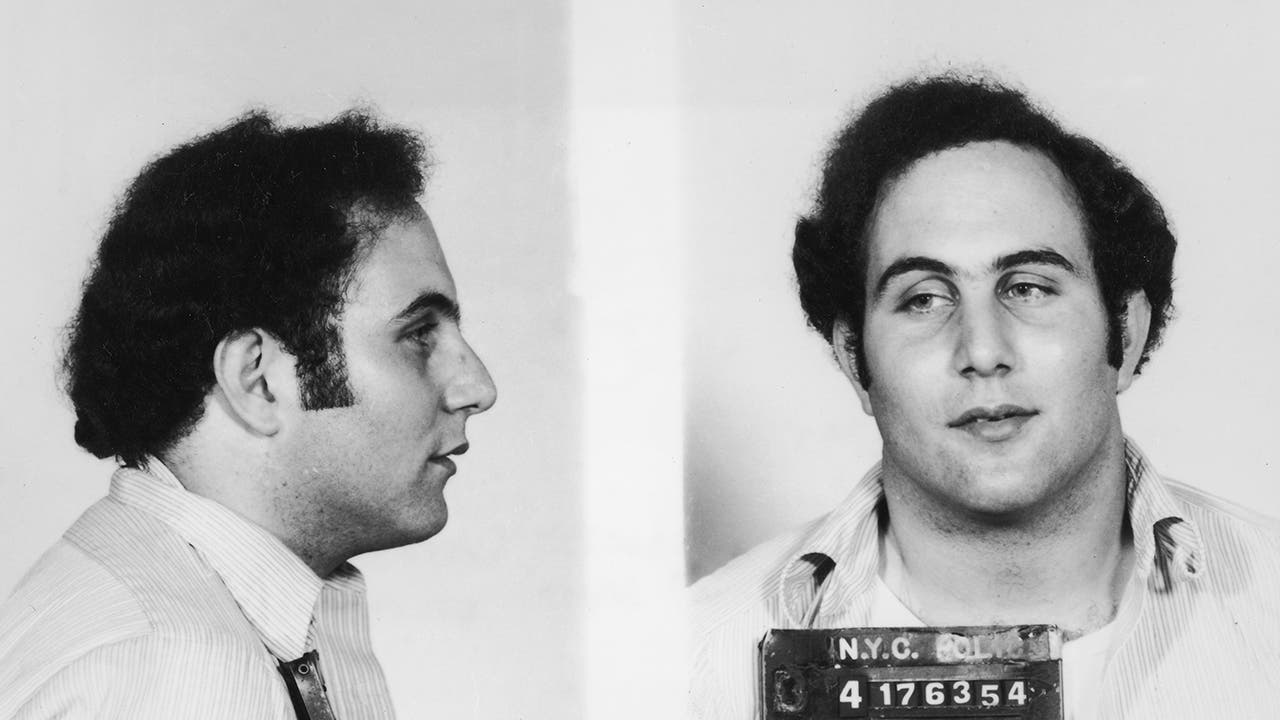NEWYou can now listen to Fox News articles!
Joe Berlinger wanted to understand how one man who seemingly came from a loving home went on to terrorize New York City.
The Oscar-nominated director has launched a new true-crime docuseries on Netflix, “Conversations with a Killer: The Son of Sam Tapes.” It features newly unearthed audio interviews between David Berkowitz and crime reporter Jack Jones, which took place in 1980 at Attica Correctional Facility.
The three-part series also highlights a phone conversation Berlinger had with Berkowitz, 72, who is serving multiple life sentences for his murders.
BRYAN KOHBERGER BELIEVED HE COMMITTED ‘THE PERFECT MURDERS’ UNTIL ONE KEY MISTAKE SHATTERED HIS PLOT: AUTHOR
“David Berkowitz is very different from other serial killers,” the filmmaker told Fox News Digital.
“He wanted no human contact. He didn’t want to know his victims. There’s an anecdote about a snowstorm when he had a gun in his pocket. He came upon some people stuck in the snow, and he decided he’d rather be a hero than a killer, because he had a human interaction with those people. He is more about rage and alienation and having to express that rage.”
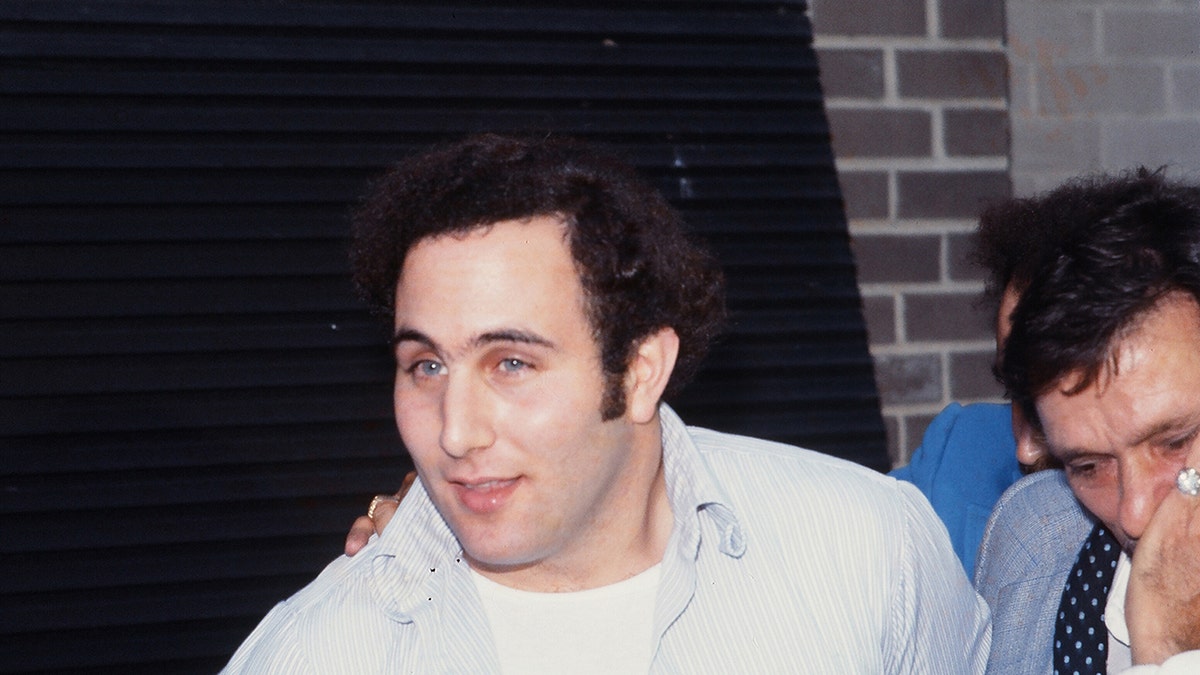
“I liken him to the school shooters of today rather than the sexual sadistic killer that most of these other serial killers are,” Berlinger shared.
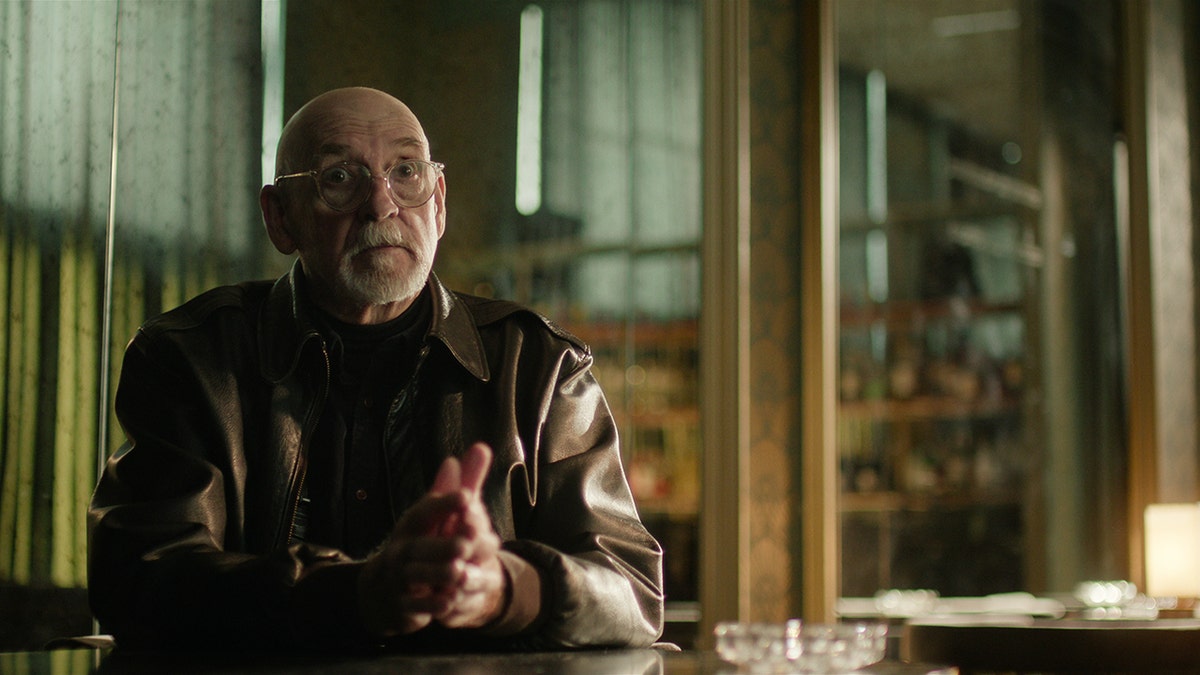
“Serial killers, particularly Ted Bundy, John Wayne Gacy and Jeffrey Dahmer, needed to be intimate with their victims. Bundy and Gacy, in particular, got sexual gratification out of killing somebody and watching them die in their hands. Dahmer took that intimacy to the next level by consuming body parts. . . . But with Berkowitz, he needed to satisfy his rage.”
In the mid-1970s, Berkowitz, a postal employee, plunged the city into fear with a series of shootings using a .44-caliber revolver that killed six people and wounded seven. He appeared to target young women with long brown hair and couples canoodling in a lover’s lane.
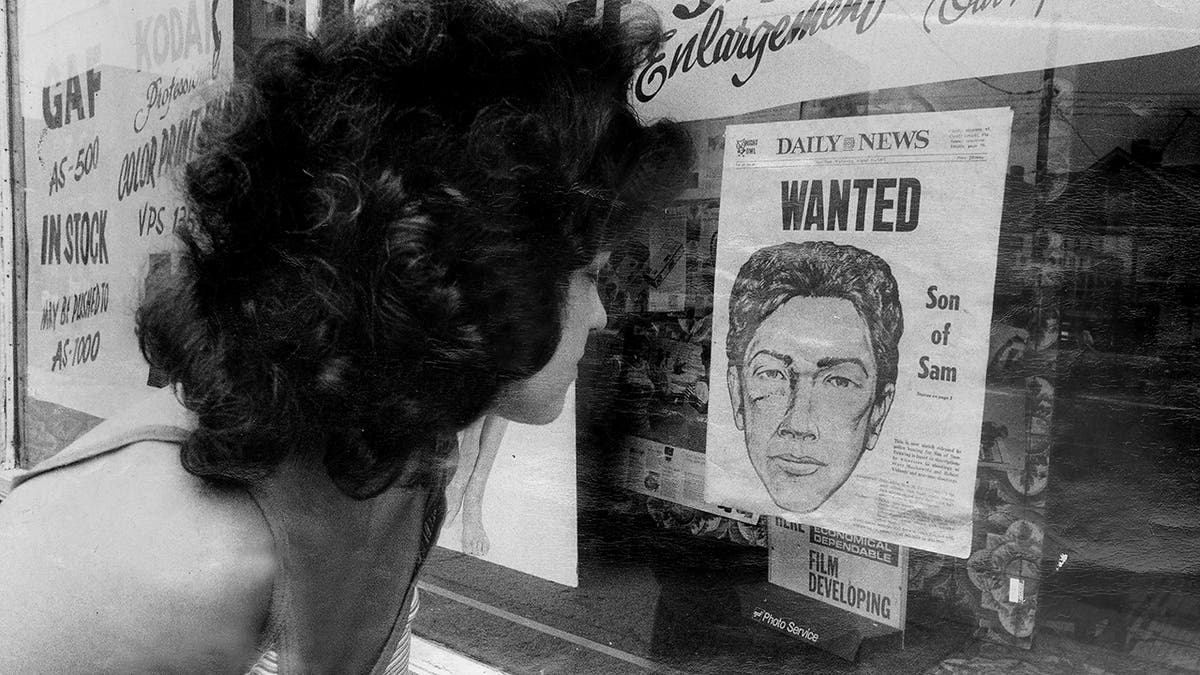
The New York Police Department formed a 200-person task force to hunt down the killer, The Associated Press reported. Frightened women began cutting their hair short and dyeing it blonde, while many others rushed home before nightfall.
FOLLOW THE FOX TRUE CRIME TEAM ON X
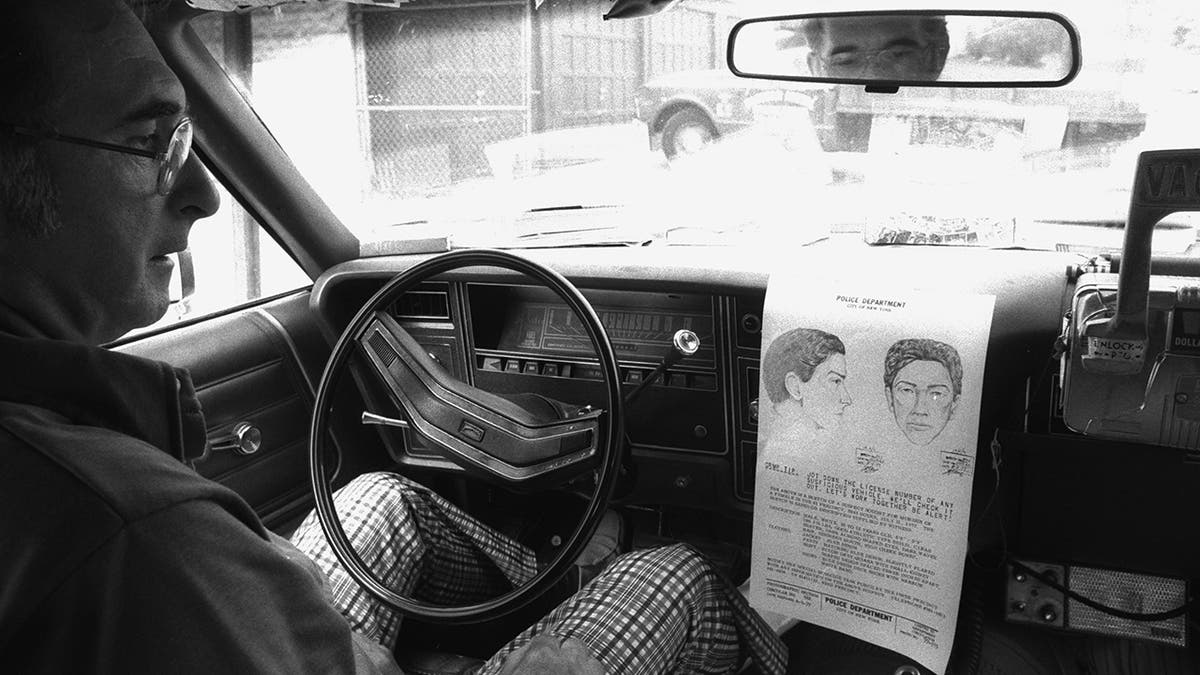
He went on to send taunting letters to the police and the press, where he called himself the “Son of Sam” and claimed that a demonic-obsessed dog belonging to his neighbor had ordered him to kill.
Berkowitz’s reign of terror came to an end when he was arrested on Aug. 10, 1977. According to Berlinger, more newspapers were sold for the “Son of Sam” being caught than for the assassination of President John F. Kennedy.
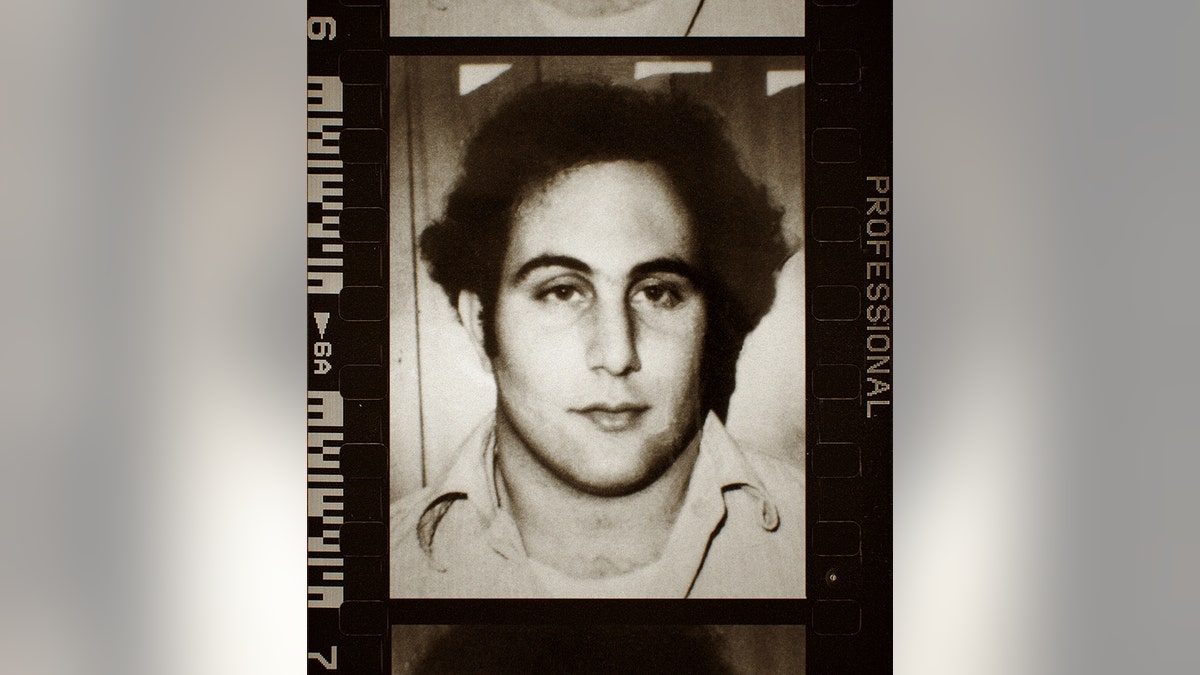
Berlinger said he wanted the film to also address rumors about the slayings that have persisted for decades.
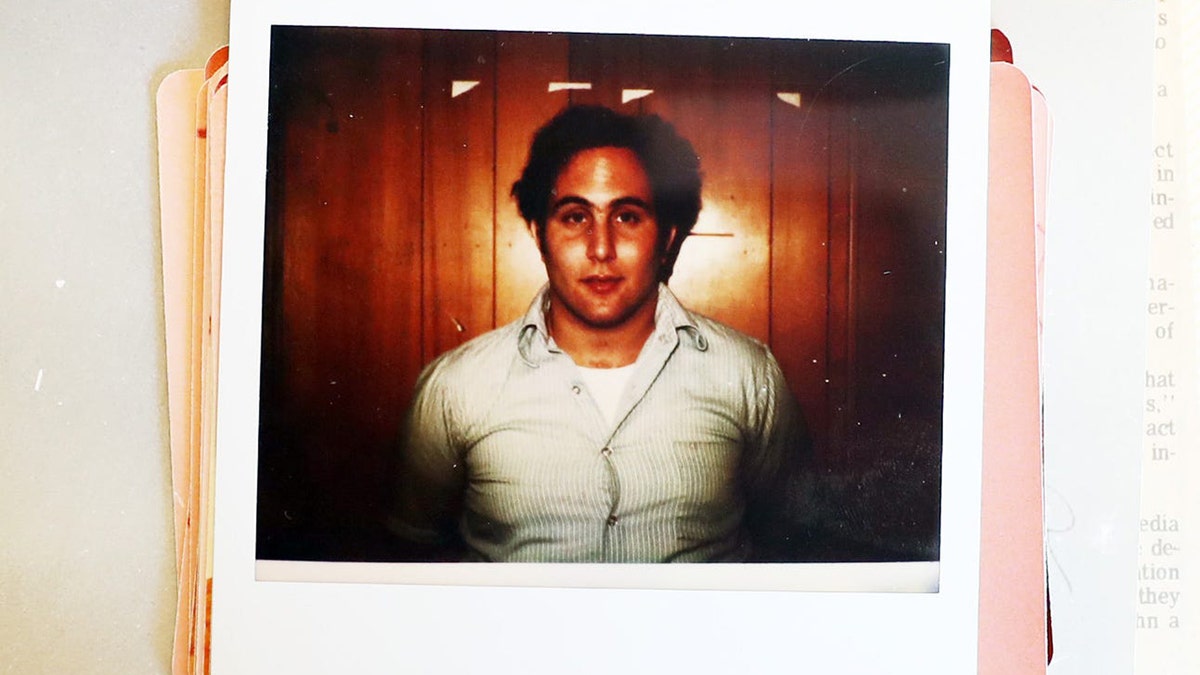
“There’s still this belief that there were multiple Sons of Sams,” Berlinger explained.
“There’s this conspiracy theory that there were multiple shooters, and they all belonged to a satanic cult. . . . It’s preposterous. . . . It just further spurred me on to want to tell a clear-eyed, factual story about what happened. And just from a common-sense standpoint, the shootings stopped after Berkowitz was arrested. If there was a nationwide satanic cult, why weren’t there more killings?”
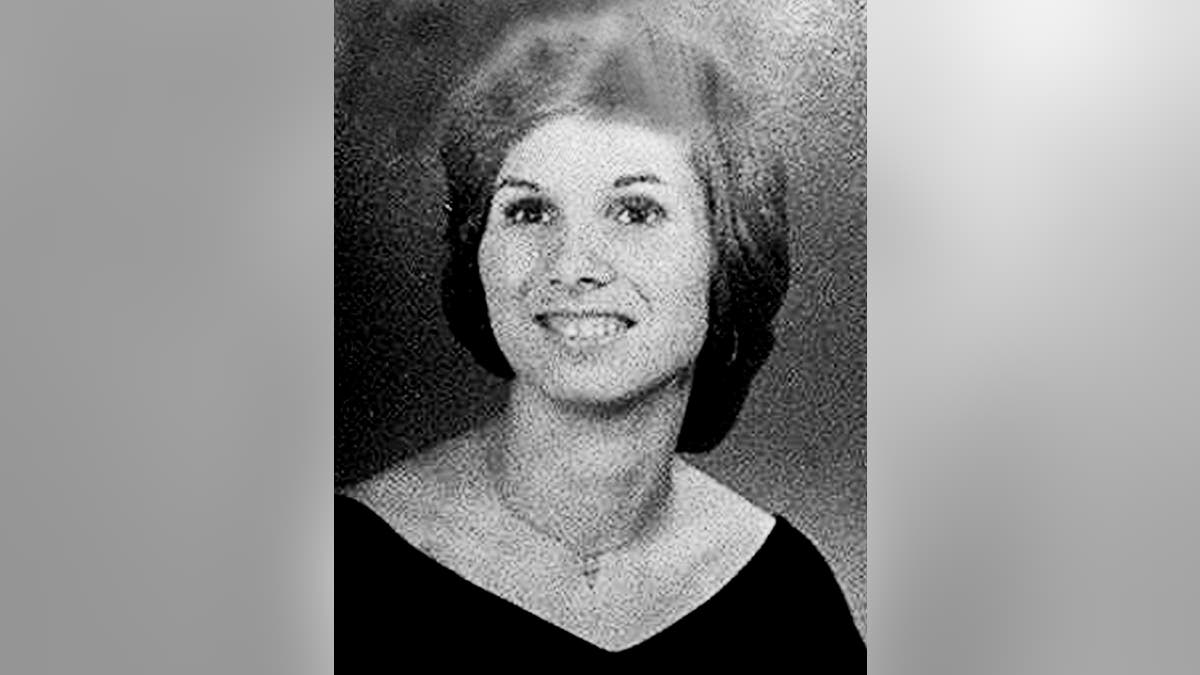
“There’s just no forensic evidence to support that theory,” Berlinger stressed.
SIGN UP TO GET THE TRUE CRIME NEWSLETTER
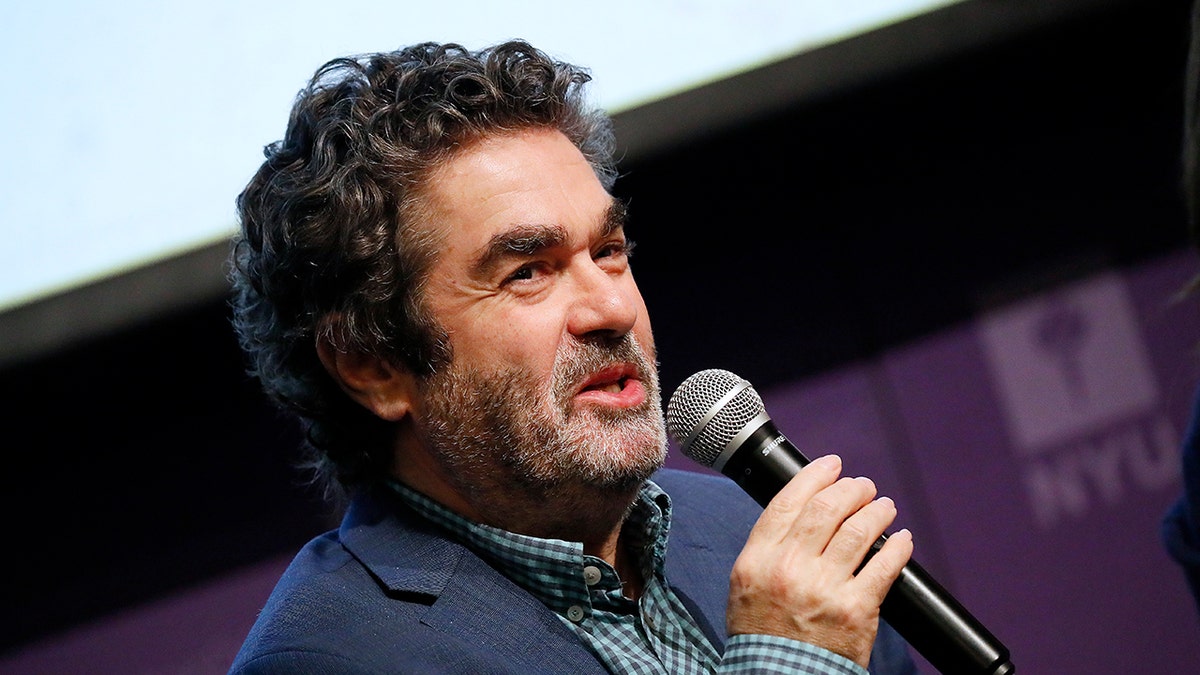
According to the docuseries, Berkowitz was brought up by Jewish parents in the Bronx. He was traumatized by both the startling revelation that he was adopted and the death of his adoptive mother from cancer.
In 1971, he joined the army, and he distinguished himself as a talented marksman, History.com reported. But after returning to New York, his mental health began to deteriorate severely. He was later diagnosed as a paranoid schizophrenic.
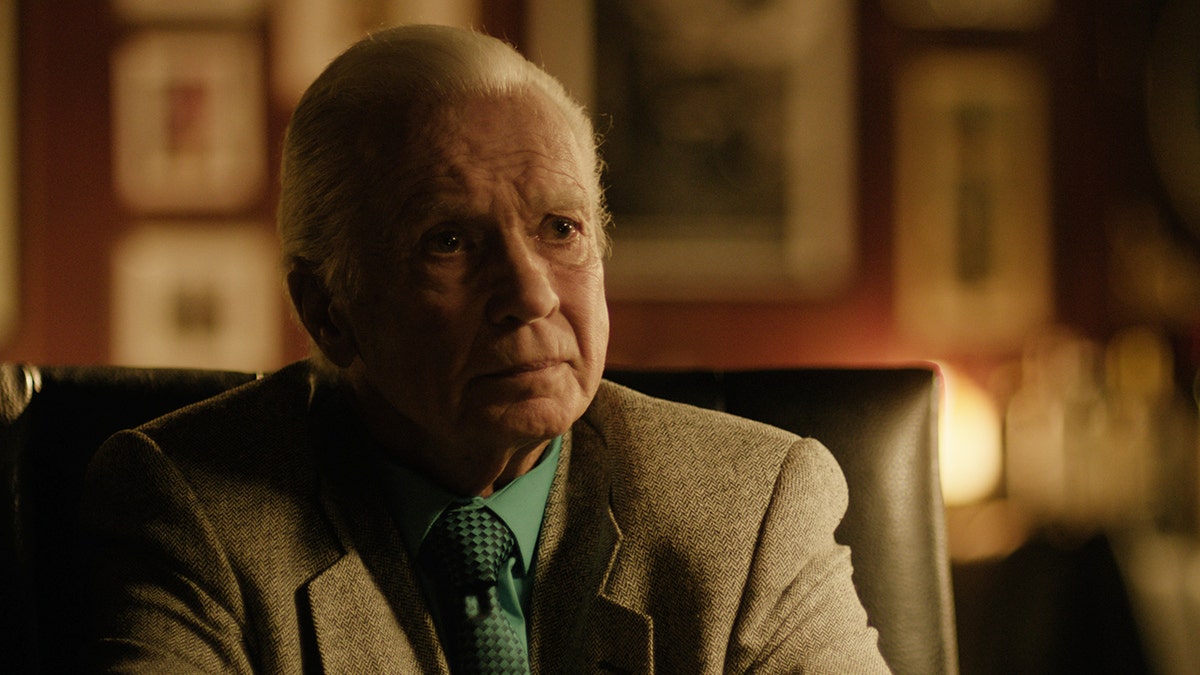
“I think it’s a slippery slope to blame it on a bad childhood,” Berlinger pointed out. “He had a good childhood by all accounts. He was just shocked that he was adopted. I had a rough childhood, and I’m the opposite of somebody walking around with a lot of rage and wanting to do terrible things.”
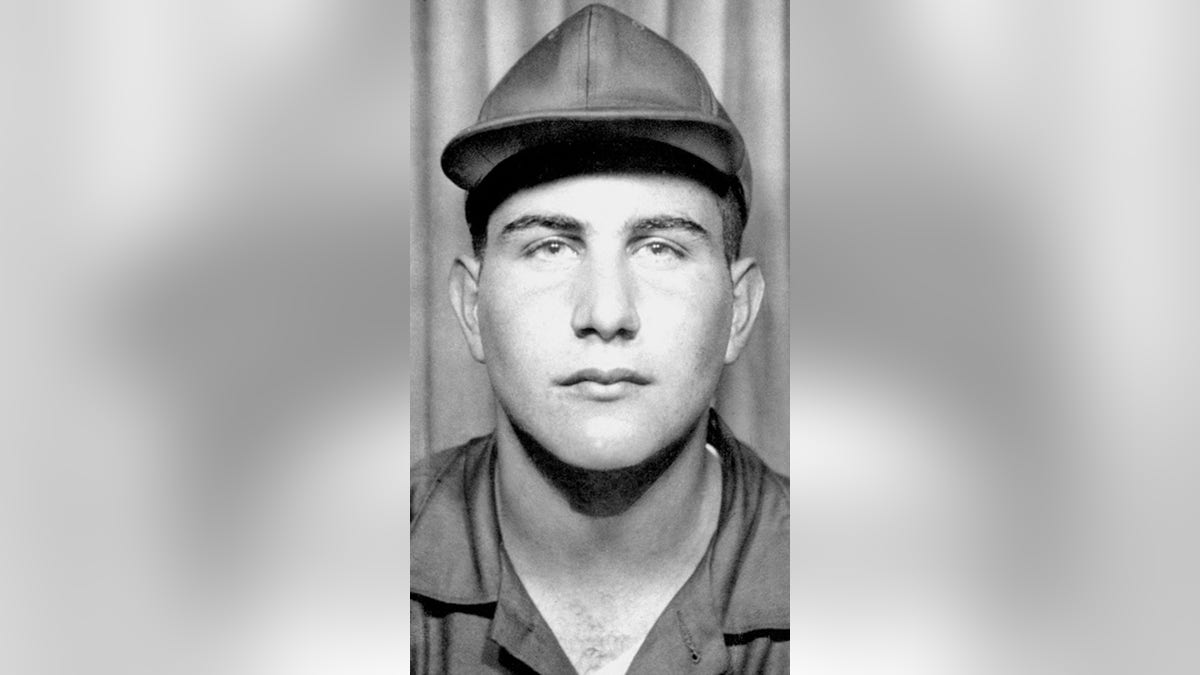
“Some people go through horrible experiences early in life and end up stronger and better,” said Berlinger. “Others … end up doing terrible things. [What we do know is] that Berkowitz felt alienated and disconnected to the degree that he had to satisfy his rage.”
Berlinger admitted that at first, he was hesitant to speak with Berkowitz.
WATCH: TED BUNDY’S EX-GIRLFRIEND INSPIRES HAUNTING NETFLIX BIOPIC ON THEIR ROMANCE: ‘HE WAS A MASTER MANIPULATOR’
“I debated whether it was appropriate to include his present-day thoughts, because it broke with the former,” he explained, referring to his previous documentaries. “People are very sensitive about giving a platform to a serial killer. But … you are dissecting human behavior as a cautionary tale.”
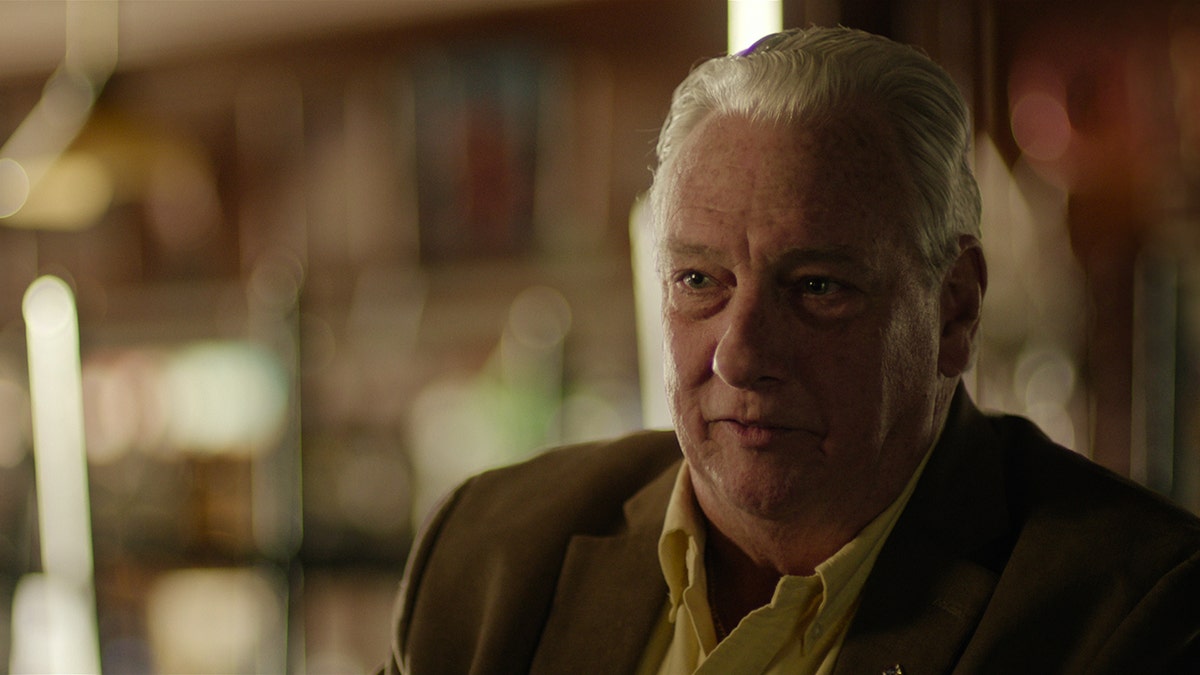
Berlinger described Berkowitz as “disarming,” someone eager to please and “wants to say all the right things.” Still, it took some convincing for Berkowitz to speak out for the docuseries. And when he did during their phone conversation, there was one comment that Berlinger said took him aback.
“It wasn’t his final comment in the interview, but it’s the final comment in the show,” said Berlinger. “His chilling admonition to the younger David Berkowitz to just run and get help, meaning run from that horrible decision to get a gun and kill people randomly. I felt it was just so chilling, because it could have been so different for him.”
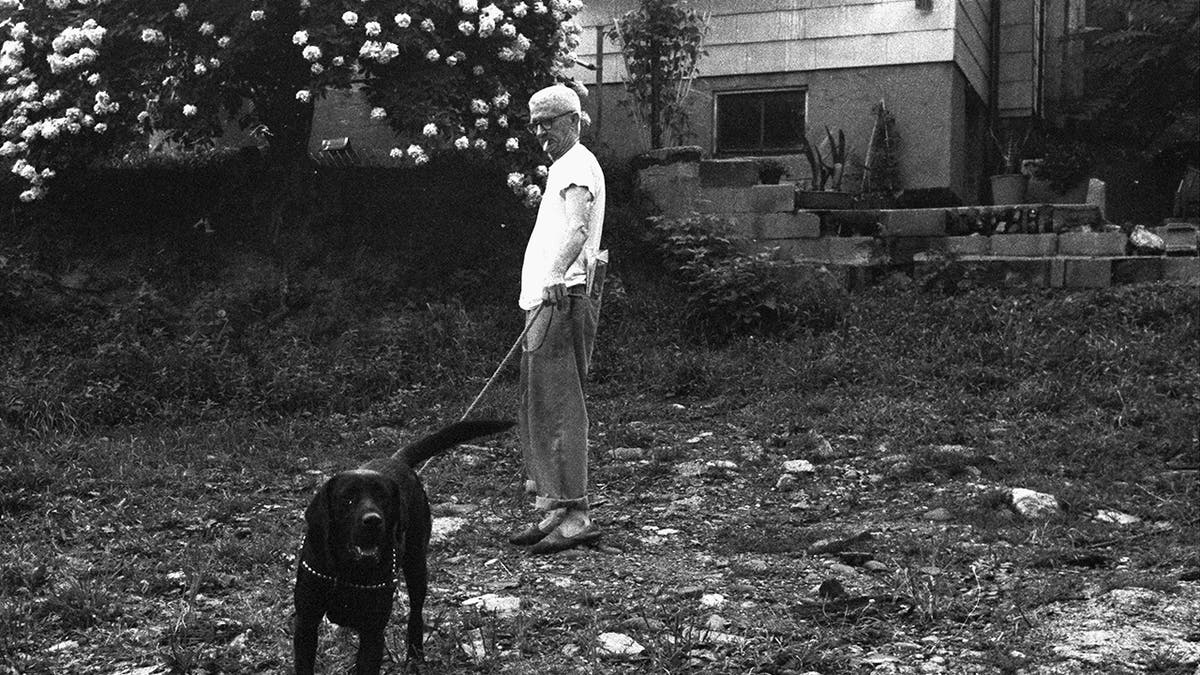
“The deeply sick, psychological disturbances of these other killers who liked looking into the eyes of their victims as they were expiring or eating body parts … it exists, but I don’t think it’s common,” Berlinger continued.
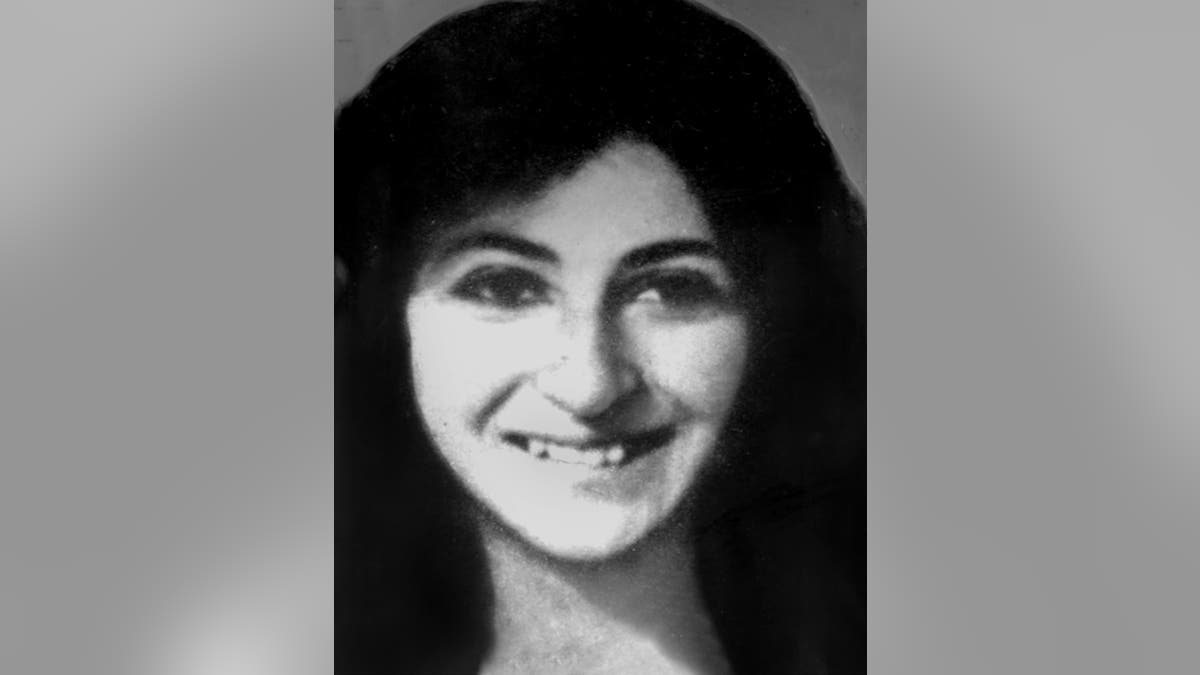
“But I do think youthful young men feeling disconnected, feeling rage, feeling unfulfilled – that’s not uncommon in our society right now. I found that comment so chilling because it could have been so different had he just gotten help. I think with these school shootings, for example, there were so many signs where, if people had gotten help, maybe the outcomes would’ve been different.”
“… I think we have an epidemic of [poor] mental health in this country,” said Berlinger. “I think young people, particularly young men – a lot of young men – feel alienated and lost. And I think that’s important.”
GET REAL-TIME UPDATES DIRECTLY ON THE TRUE CRIME HUB
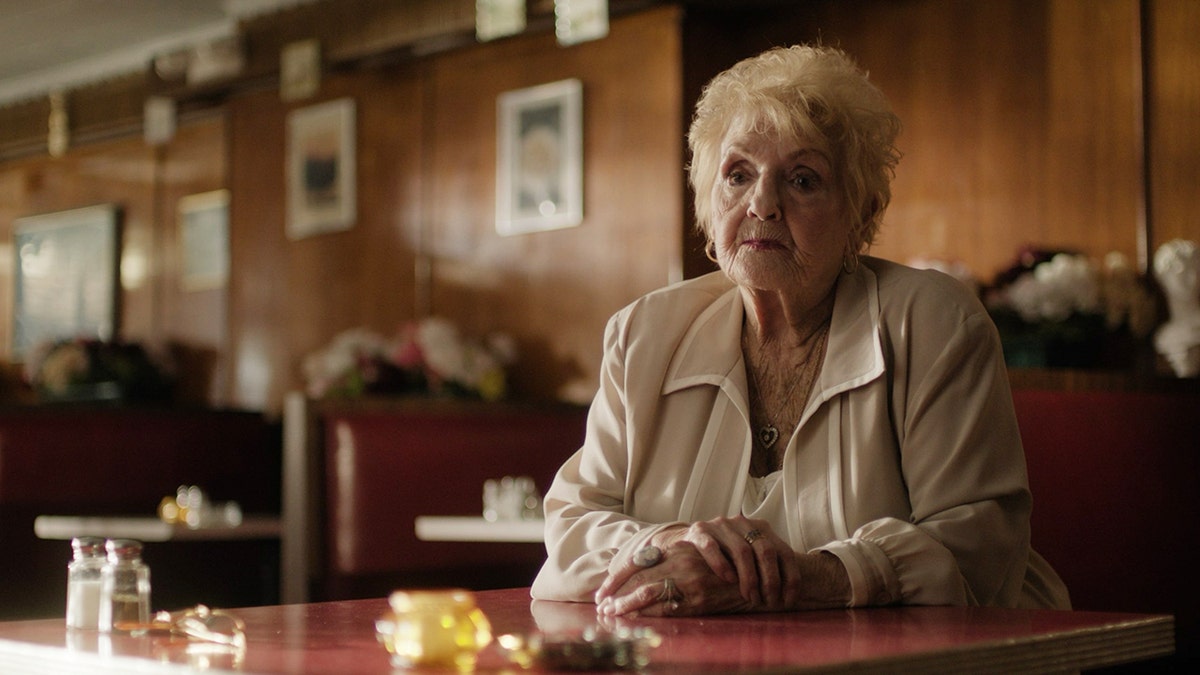
In addition to hearing Berkowitz speak, the film also highlights interviews with detectives, journalists, loved ones, survivors and others closely connected to the case. Berlinger said it was important for him to get the blessing of the survivors, in particular, to move forward with the project.
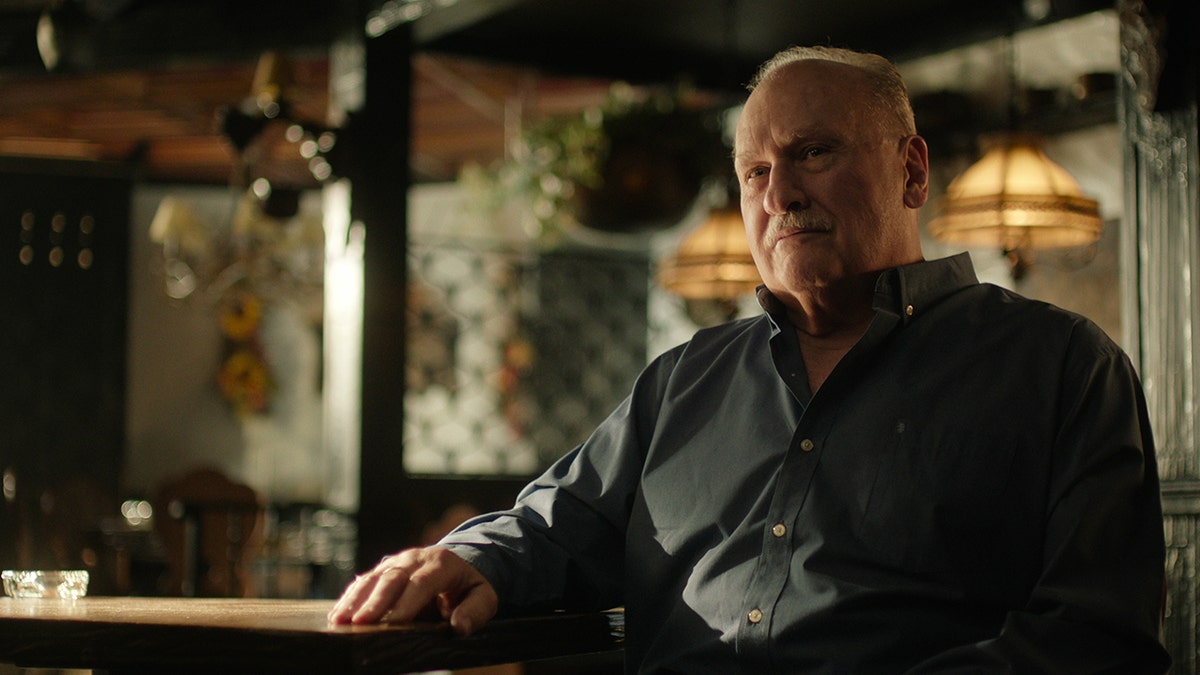
“It’s always important to include the victim’s point of view in these shows,” Berlinger explained. “I always reach out to victims and want their participation, or at the very least, their blessing. I have canceled shows in the past where the victims have said, ‘This will hurt us if you do this.’ And it was heartbreaking to hear the accounts of the survivors in this film. These were young people doing quintessential things that people in their youth do. This random act of violence snuffed out their hopes and dreams and reverberated for decades.”
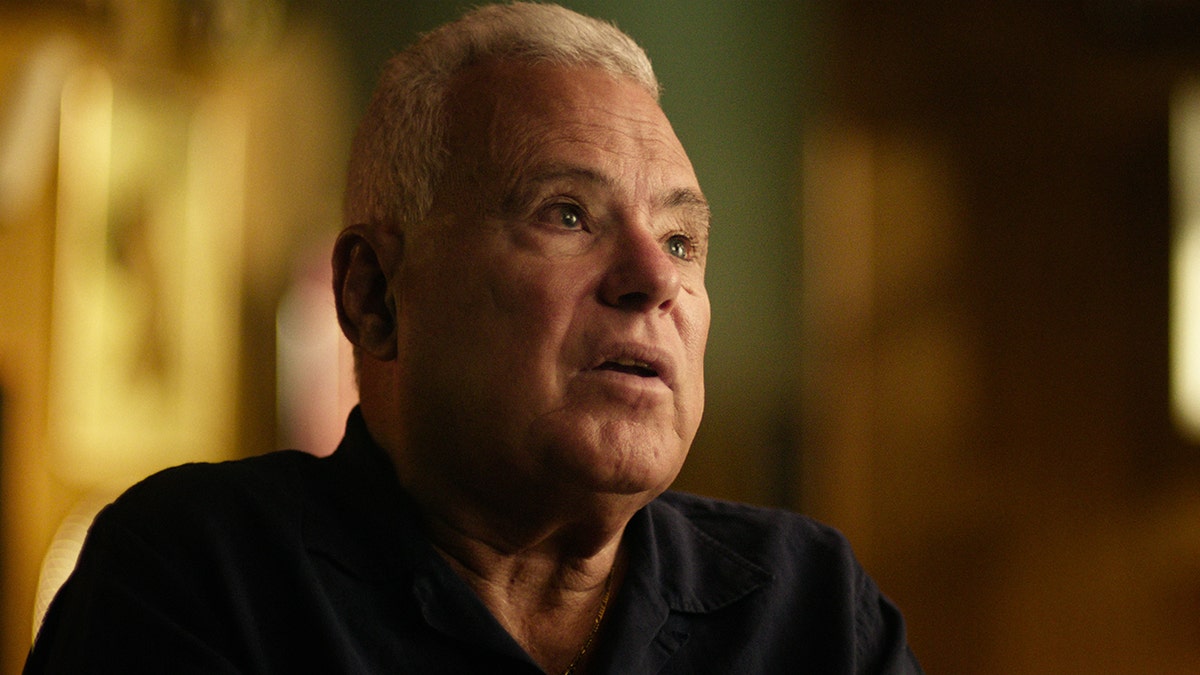
Berlinger noted that the primary reason he agreed to reach out to Berkowitz was because of Wendy Savino. She was recently confirmed by the New York Police Department as Berkowitz’s first known victim. The director wanted to see whether Berkowitz would weigh in on that shooting.
“I believe that she was a victim of his,” said Berlinger. “I can’t say whether he believes it or feels a need to deny it.”
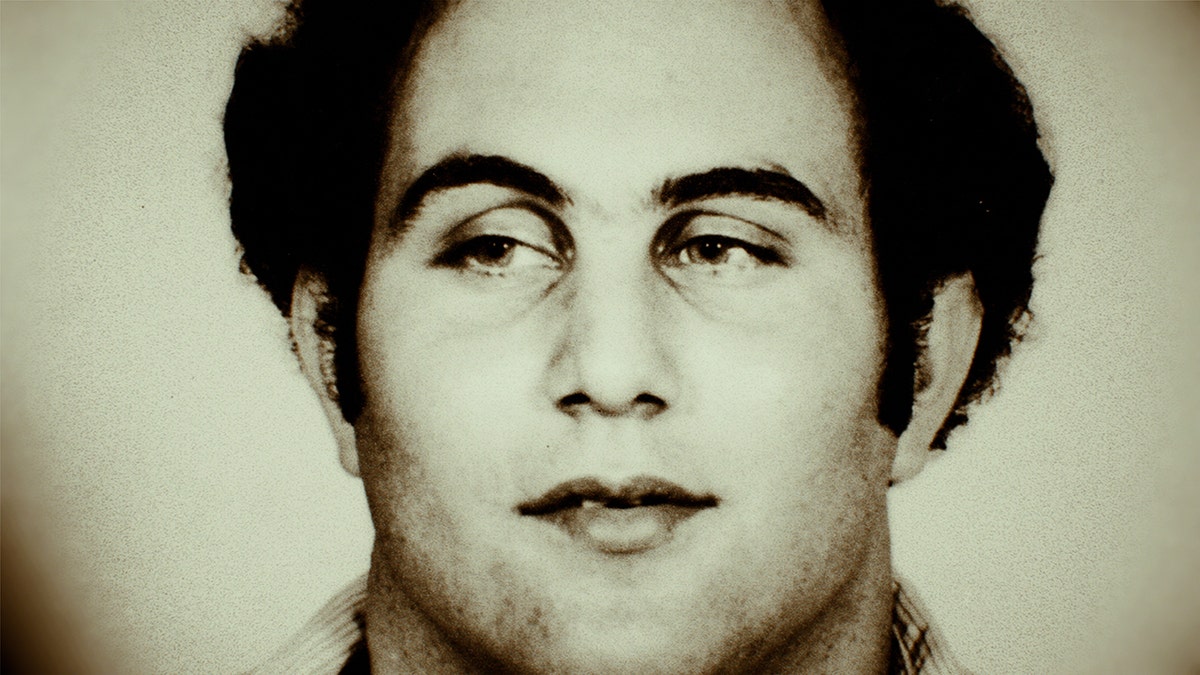
Berkowitz now claims he is a born-again Christian and feels remorseful. He previously appeared to relish the media attention he received and sold his exclusive story rights to a publishing house, History.com reported.
According to the outlet, New York State was the first to adopt a nationwide series of laws that take the proceeds a criminal earns from selling their story and instead gives them to a victims’ compensation fund.
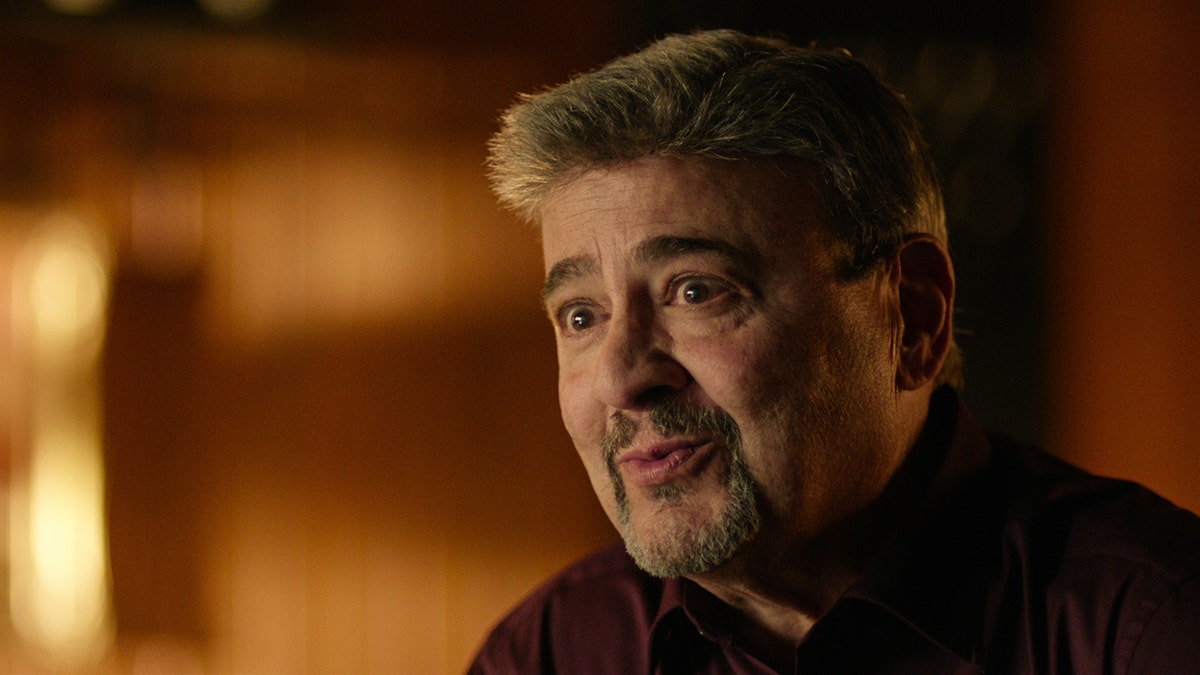
It’s unclear whether Berkowitz is sincere about being remorseful, but his message to his younger self has stayed with Berlinger.
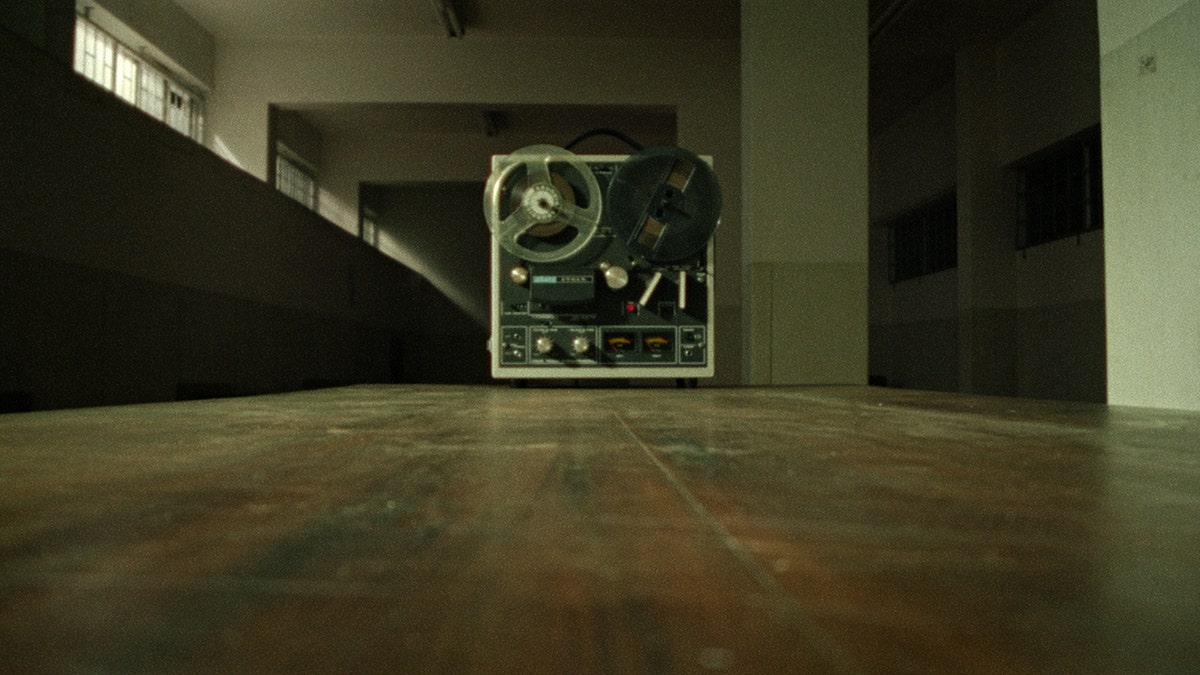
“When I asked him, ‘If you could speak to the young David, what would you tell him? ‘ he said, ‘Run, get help. I could have talked to my father,’” Berlinger recalled.
“That touched me deeply,” he said. “… If you’re feeling rage or disconnection, and you’re concerned about this level of rage that you live with every day, get help.”
“Conversations with a Killer: The Son of Sam Tapes” is available for streaming. The Associated Press contributed to this report.
Read the full article here


